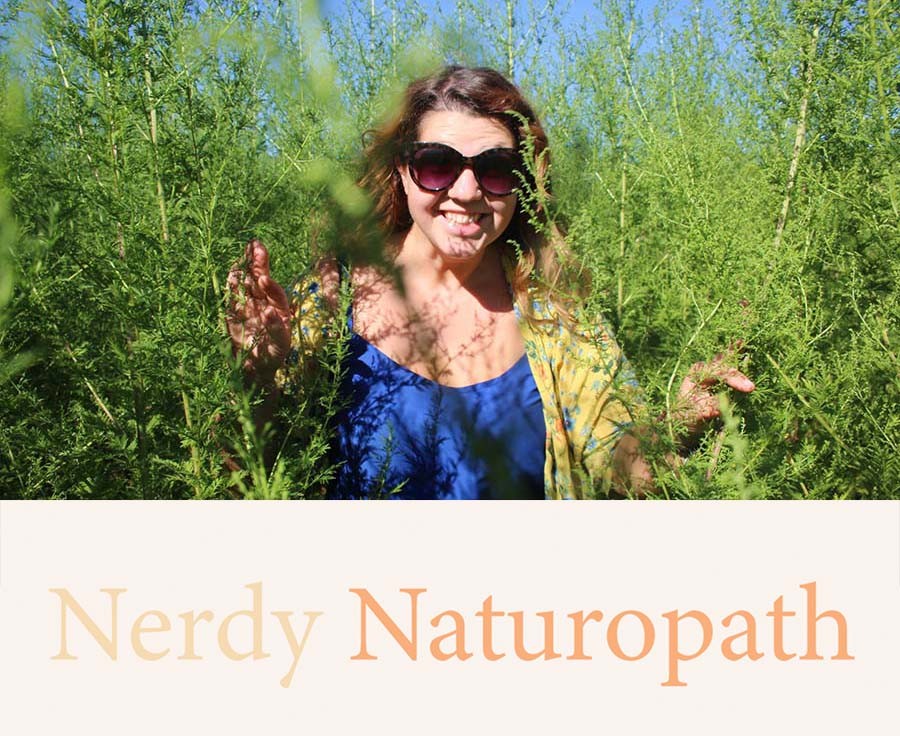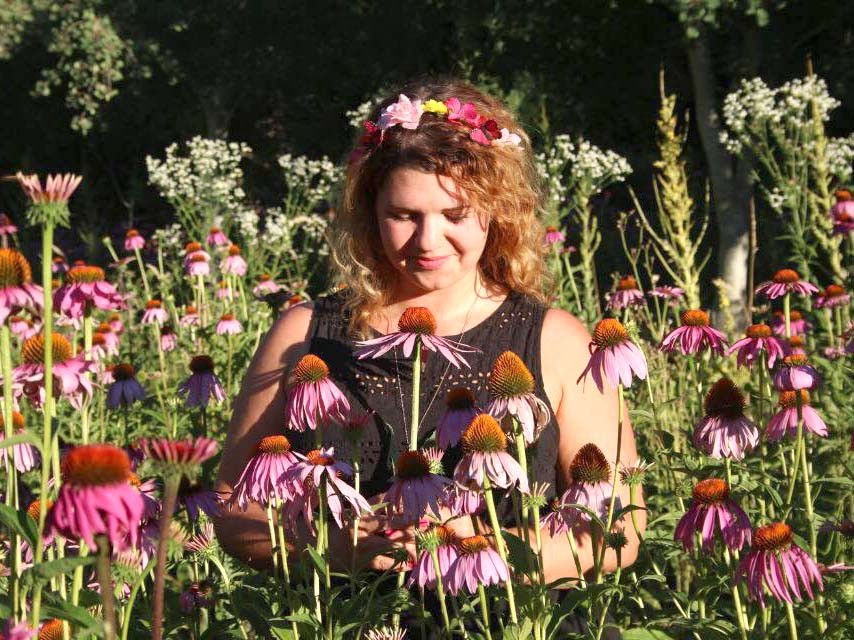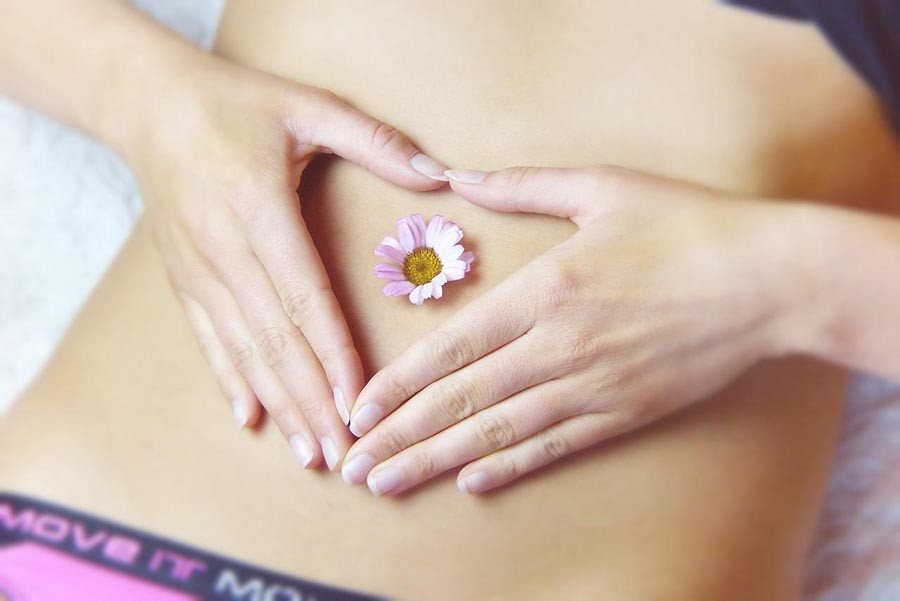
By Siobhán Carroll – BA; Dip Nat; Dip Herb; MANP; MGNC
From back and lower abdominal pain, to bloating, breast tenderness, irritability and mood swings, PMS is a highly individual condition that’s estimated to affect over 75% of women.
There is no one definitive cause, which means there’s no one definitive cure for PMS, but there ARE plenty of ways to manage those monthlies.
Nutrients to help with PMS
Essential fatty acids (EFAs) can help to regulate the hormonal imbalances associated with PMS. Gamma-Linolenic Acid (GLA) is an important EFA that is metabolised in the body into hormone-like substances that help to regulate chemical imbalances. Evening Primrose Oil is a rich source of GLA (10%) but richer still is Borage Oil or Starflower Oil at up to 23%. It’s not something we can source from food so you would need to take it in supplement form.
Vitamin B6 can be helpful for fatigue and emotional PMS symptoms such as low mood, irritability and mood swings.
Other important nutrients for PMS include magnesium, chromium and iron. Magnesium may help to regulate your cycle, reducing irritability, low mood and tiredness, and stabilise blood sugar levels. Chromium can also help with blood sugar control and iron, levels of which can deplete during your period, is important for energy.
A PMS supplement designed to top up on these nutrients may prove especially useful.
The PMS diet
If you suffer from bloating, eat smaller but more regular meals. Keep headaches to a minimum by drinking plenty of water, and avoid energy rushes brought on by sugar and caffeine to keep your mood more stable.
The so-called PMS diet, consisting of wholegrains for energy and fibre, fresh fruit for a source of natural sugars, vegetables for a nutrient top-up, nuts – preferably plain, for protein and because they’re a great source of healthy fat, and oily fish and flax seeds for a boost of omega-3s, may help enormously with the symptoms of PMS.
Agnus castus – a ‘chaste’ solution to PMS?
Much research has been done on Agnus castus, a medicinal plant also known as Chaste Tree or Chasteberry. Extracts of the Agnus castus fruit have a long tradition of use in helping with both physical and emotional symptoms of PMS, and is particularly appropriate if you suffer from a number of PMS symptoms. Try A.Vogel’s Agnus Castus Oral Drops. A licensed herbal remedy, it can help to relieve symptoms of PMS such as menstrual cramps, breast tenderness, bloating, irritability and mood swings, and may prove especially helpful for women who have particularly heavy or painful periods, and those with shorter cycles.
Exercise to beat PMS
Regular exercise stimulates the release of endorphins, which can help to reduce pain and lift your mood. It may also help with food cravings. You may not feel like it, but evidence suggests that being physically active can help with the symptoms of PMS, especially moderate aerobic exercise such as swimming, cycling or walking several times a week.
For further information on PMS, contact Siobhán Carroll BA at nerdynaturopath@gmail.com.

About Siobhán
Siobhán Carroll is a fully qualified clinical Herbalist and Naturopath based in Ireland. She runs her own clinic in Co. Clare and online via her website nerdynaturopath.com. She has 10 years of experience in the field of natural health, she also teaches yoga and meditation and is a lecturer at the College of Naturopathic Medicine.
Siobhán is also a cold-water sea swimmer, a loving mum and a massive Harry Potter fan. She has a deep connection with plants and is passionate about empowering people to look after their own health using the healing powers of nature.
Siobhán Carroll BA; Dip Nat; Dip Herb; MANP; MGNC
Follow Siobhán on Facebook.
